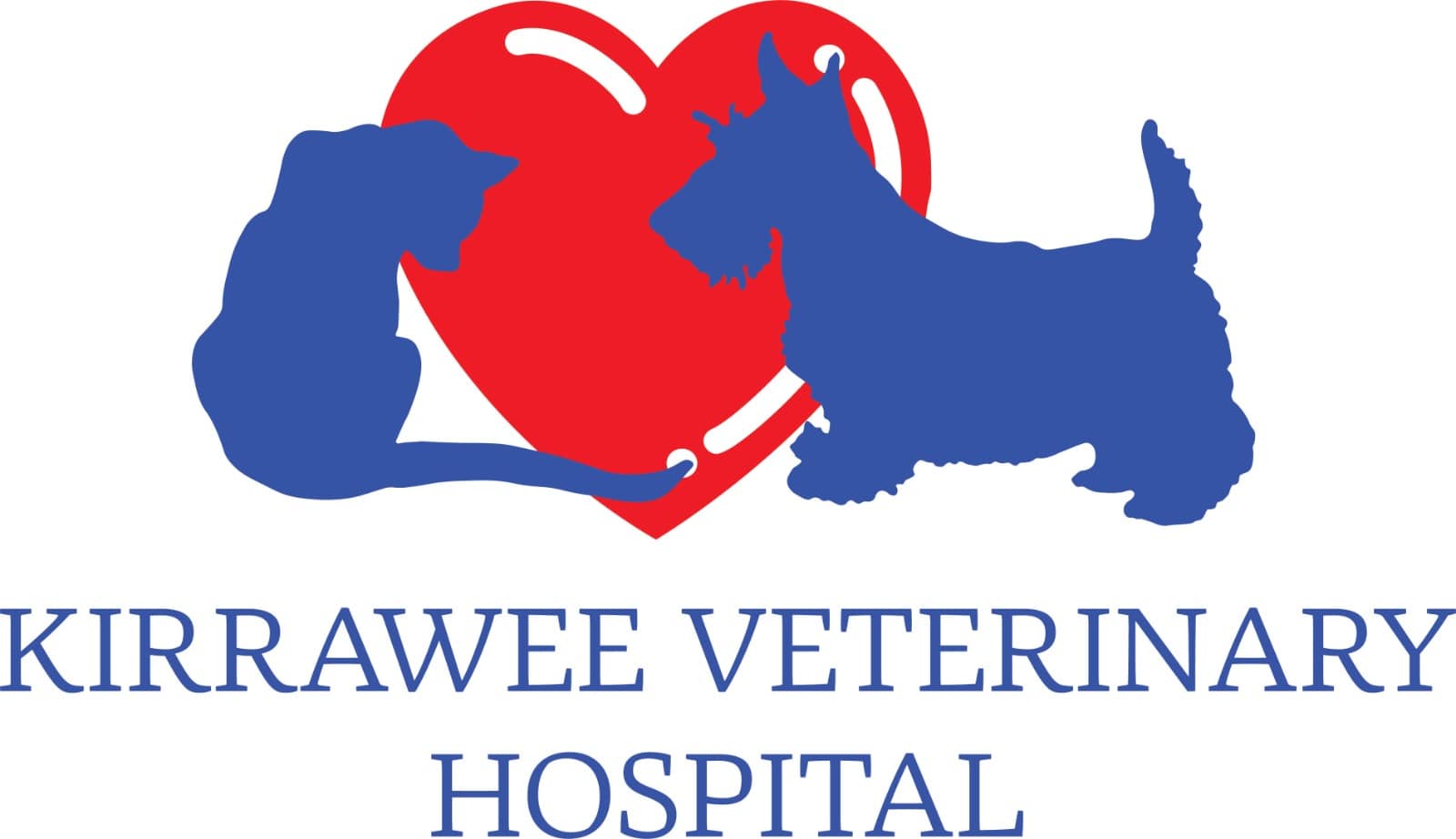How to Know if Your Dog Has Worms and What to Do

How to Tell if Your Dog Has Worms and What to Do
Whipworms, tapeworms, hookworms and roundworms are the most common intestinal parasites in dogs. If you have noticed worms in your dog’s poop, you may be feeling a slowly dawning sense of panic. But do not fret, because Kirrawee Vet Hospital is here to help you. In this post, we will cover how your dog may be a victim of the transmission of worms, what the symptoms are and how to treat worms in dogs and keep him or her safe. If you notice symptoms, call us immediately and we will be happy to get your pooch back up to their normal health and happiness!
How Do Dogs Get Worms?
At Kirrawee Vet Hospital, we are often asked ‘How do dogs get worms?’. The transmission of intestinal worms, including hookworms, roundworms and whipworms, commonly occurs when your dog ingests contaminated soil or contaminated faeces containing eggs or larvae. This may have been passed on from other infected animals in the area, so watch out for when your doggie goes eating the poop!
What Are the Symptoms of Worms?
Some of the most common symptoms of worms in dogs are:
- Weight loss, accompanied by an increase or decrease in appetite.
- Distended abdomen, or ‘pot-bellied’ appearance.
- Lethargy.
- Vomiting.
- Diarrhoea or chronic soft stools.
- Chronic coughing.
- Dulling of coat and/or hair loss accompanied by skin irritation or inflammation.
If you’re wondering ‘can I get worms from my dog?’ the short answer is yes, so watch out for the symptoms in you as well!
How to Treat Worms in Dogs
Most vets will provide you will safe and effective medication and this medication usually contains fenbendazole, milbemycin, moxidectin, piperazine, and pyrantel. In severe cases, your dog will need to be hospitalized, so always keep a close eye on your pooch’s wellbeing and contact your nearest vet as soon as you notice signs!
Keep Your Dog Safe
Keep your dog safe and always monitor what they are eating (no poop!) and how they are feeling. If you notice any symptoms of worms, feel free to get in touch with the local NSW professionals at Kirrawee Vet Hospital and we will be happy to help your pooch on the road to recovery.
Pet Care Tips Listing
- Things to Know About Pet Diabetes
- Things to Know About Dog and Cat Arthritis
- How to Prevent Your Dog from Biting: Child Safety Tips
- How to Keep Your Dog Mentally Active
- 5 Things to Ask at Your Pet’s First Vet Appointment
- How to Deal with Kidney Failure in Dogs
- What to Do If You See Wildlife on The Road
- 5 Things You Need Before Bringing a Kitten Home
- Fleas: Causes and Prevention for Dogs
- What to Look for in a New Vet?
- How to Stop Cats from Scratching Furniture
- Questions to Ask Your Vet About Your Senior Dog in NSW
- What is separation anxiety?
- 4 Mistakes to Avoid When Training Your Dog
- Choosing Teeth-Friendly Treats for Your Pets
- How to Prepare for Camping with Your Dog
- Maintaining Good Oral Hygiene in Your Pets
- How to Know if Your Dog Has Worms and What to Do
- How to Give Your Pet Medication
- 4 Signs Your Cat Should See a Vet
- Human Food Safety for Dogs: What Foods to Avoid
- Why You Need to Vaccinate Your Puppy Before You Walk It
- How to Potty Train Puppies
- Why Should You Vaccinate Your Cat?
- What Does It Mean If Your Puppy is Limping?
- Expert Dog Swimming Tips by Kirrawee Vet
- How Often Does Your Puppy Need a Bath?
- How to Keep Your Aging Dog Comfortable
- Common Preventable Diseases in Dogs
- Common Feline Musculoskeletal Disorders
- Why Should You Vaccinate Your Dog?
- Patellar Luxation in Dogs – Expert Care in NSW
- Musculoskeletal Disorders in Dogs
- Osteoarthritis in Dogs
- Causes and Treatment of Hip Dysplasia in Dogs
- Do Dogs Need Regular Dental Care?
- Breeds of Dogs That Need the Most Exercise?
- What to Feed Fluffy? Dry or Wet? Both?
